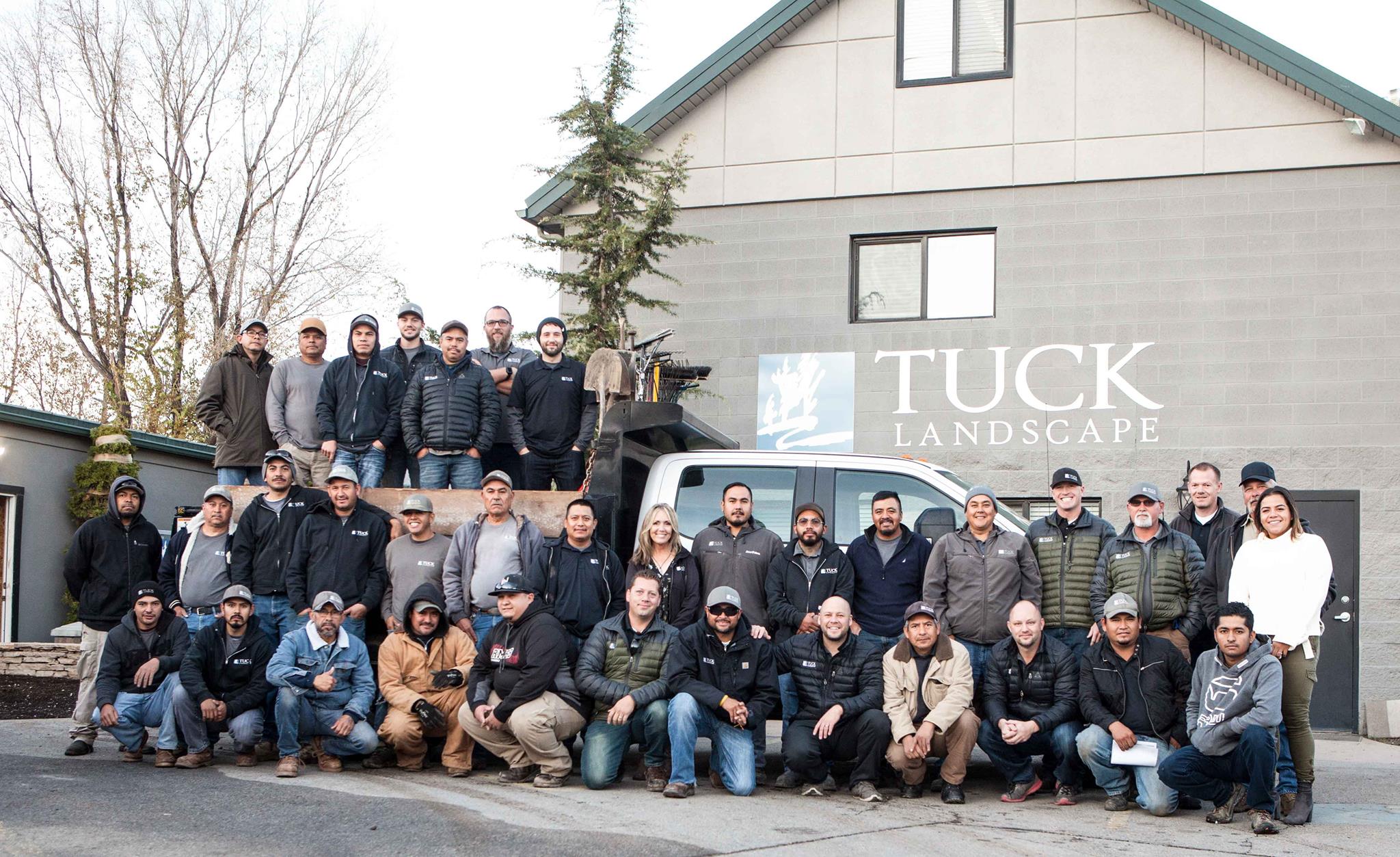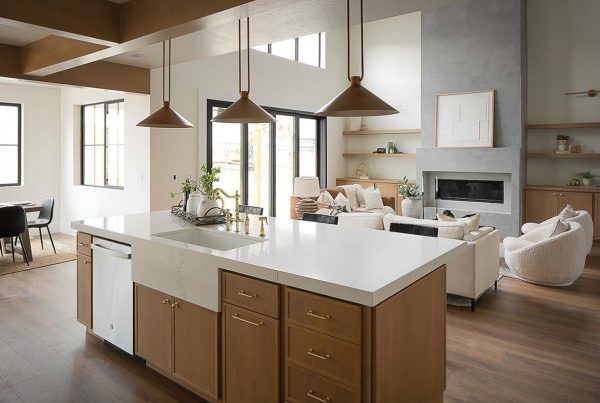

“The bitterness of poor quality remains long after the sweetness of low price is forgotten” – Benjamin Franklin
Rob Radcliffe of Tuck Landscape has that quote down in his workbook, as a constant reminder of what his company should always be about.
Tuck Landscape is all about giving their clients quality products that will last for decades to come, and advise consumers to invest in experienced, legitimate companies that are dedicated to a similar mission.
UBG: Why is it important to hire legitimate construction companies?
It is important to hire legitimate, experienced companies because they will likely be insured and properly licensed, and will have the experience needed to pull of your vision.
You’re going to get definite quality, because experienced landscapers understand the right and wrong way to do things, and that the right way is not always the cheap way. The cheap way almost always ends up with us repairing poor quality work, and costing the homeowner much more money and frustration along the way.
How do I find legitimate companies that can deliver quality landscaping?
1. Number one is the number of years in business. Companies only stay in business that long by taking care of their clients. We’ve been in business for 37 years, and if something goes wrong we go back and make sure projects are completed correctly, even if the repair is outside of the warranty timeframe. Companies that stand the test of time usually understand that landscaping isn’t just a project this year, but something that should last and are willing to put in the work to product work they can stand behind.
2. Next, look at the structure of the company: the tenure of employees is very telling. If people have been there for several years, you know there isn’t a lot of turnover and you’re hiring people to keep your project up for years to come. If there is a high turnover rate, there are always inefficiencies and lost details.
3. After you’ve seen how long they’ve been around, check out their specs. Look through their portfolio to make sure the company can handle the quality and style of project that you’re envisioning. Make sure you look at their certifications, as well: are they licensed? What awards have they won? Do they have specialty certifications? Asking for referrals is also a good idea, Radcliffe says.
 What’s Next?
What’s Next?

Once you’ve chosen a company, Radcliffe advises consumers to also keep an eye on the project flow and process, especially the initial bid. It’s really important for the client to understand who will be on the job, and if there are dedicated project managers and bid estimators, like there will be at Tuck Landscape. Radcliffe warned that companies without the proper bandwidth will give an initial bid, but then in a classic bait & switch move will inevitably find things that they didn’t budget for, taking a $50k bid up to $75k easily. With experienced companies, they understand the process of how to budget for a process so there are no surprises. He says that if you start noticing one person on your project wearing several different hats, it may be a red flag.
“Trying to work, bid, order for and arrange a project is too much for one person,” Radcliffe says. “If the company has one individual doing all of those things, they don’t have time to do it right.”
Finally, as the bid process is moving forward, Radcliffe says that buyers should watch out for how much of the project is sub-contracted out to other companies. He says that high-quality companies will nearly always take care of the basics in-house. Things like paving, irrigation and hardscaping should always be done within the company. Sub-contracting for specialty projects is more understandable for unique elements. Projects like brick ovens or pools that require other certifications can be done by an outsider without too much concern.
Overall, Radcliffe and Tuck Landscape say you should verify the quality of materials and construction methods with specificity along every step of the way. It may seem nit-picky, but legitimate companies will always check out when it comes to quality.
“There are multiple ways to do something: the right way, the wrong way and all the shades in between,” Radcliffe says. “Our professional team and those like us always try to make sure your project is done the right way, the first time.”






